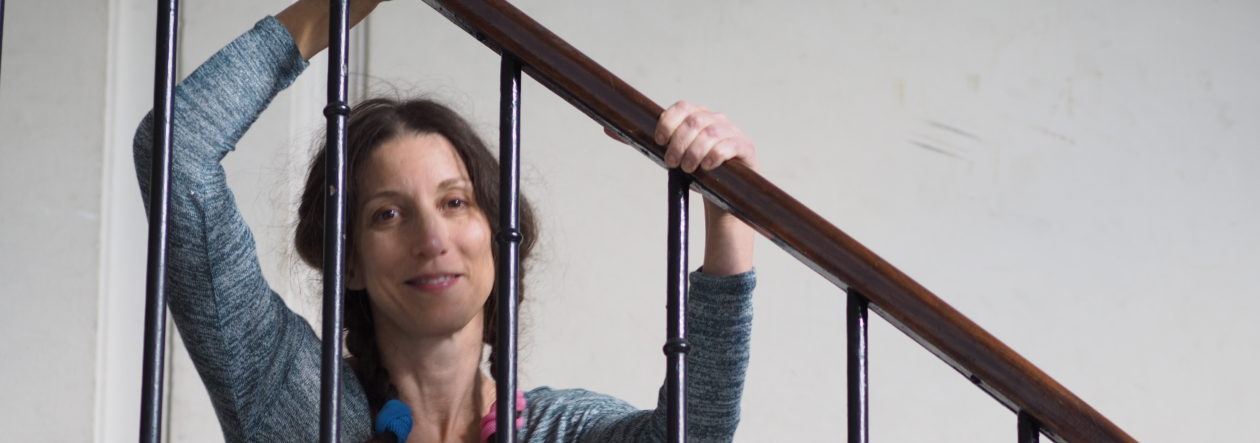The Turkish televangelist Harun Yahya, also known as Adnan Oktar, is a controversial figure in Turkey, controversial among other things for his litigiousness—scores of websites in Turkey, including WordPress, have been banned at his behest—so forgive me for couching my language in the utmost of circumspection. He is best known for sending his anti-Darwinian magnum opus, the Atlas of Creation—weighing in at more than 13 pounds—to tens of thousands of journalists worldwide. No one knows where he received the money for this project. I received a copy and quite liked and appreciated the book, which is beautiful.
Category Archives: Fiction
The Museum of Innocence
THE GLOBE AND MAIL
May 14, 2012
Orhan Pamuk, born in 1952 to a wealthy but waning Istanbul family, is Turkey’s best-known, best-selling, and most controversial novelist. Cevdet Bey and His Sons, published 1982, was awarded the Orhan Kemal and Milliyet literary prizes; The Silent House, received the Prix de la découverte européene in 1991. With The White Castle and The Black Book he achieved international renown, particularly for his evocative and experimental exploration of Istanbul, past and present. Snow, which he describes as “my first and last political novel” was published in 2002. In 2003 he received the International IMPAC award for My Name is Red. His books have been translated into 46 languages. Not all of them are great, but some of them are. The Museum of Innocence is one of the great ones.
Zadie didn’t tell the real race story
The Sunday Times, February, 2006
by Maurice Chittenden
White Teeth was a whitewash, says Muslim who inspired prizewinning novel’s central character
WHITE TEETH, the novel that made Britain feel good about the state of its race relations, has been accused of whitewashing the truth by the real-life model for one of its characters.
Ziad Haider Rahman, the inspiration for Magid, one of the twin Muslim brothers at the centre of the novel, said Zadie Smith’s book, which was adapted for a television series, was divorced from reality.
Anton Chekhov: The story master
50 GREATEST BOOKS
Globe and Mail
November 1, 2008
“What does Grandma have to say about Chekhov?” Claire asked her brother, with whom she was instant-messaging.
Their grandmother woke up at ten every day, played the piano, or, if her legs were strong that day, went downstairs for the mail. She behaved with dignity and severity, and was considered the most cultured person in the family.
“She’s dozing,” wrote Mischa.
A Murdered Darling
Style, for example, is not—can never be—extraneous Ornament. You remember, may be, the Persian lover whom I quoted to you out of Newman: how to convey his passion he sought a professional letter-writer and purchased a vocabulary charged with ornament, wherewith to attract the fair one as with a basket of jewels. Well, in this extraneous, professional, purchased ornamentation, you have something which Style is not: and if you here require a practical rule of me, I will present you with this: ‘Whenever you feel an impulse to perpetrate a piece of exceptionally fine writing, obey it—whole-heartedly—and delete it before sending your manuscript to press. Murder your darlings.
–Sir Arthur Quiller-Couch, generally misquoted and misattributed to Faulkner.
Here’s a darling I had to kill. I was trying to put this scene in Lion Eyes, but it just didn’t advance the plot or really have anything to do with the book, so it had to go. It is of course fiction, but it’s based on a place that really exists, and when I wrote this, I lived just down the street from it — and walked into it innocently one evening with my date. I no longer remember what parts of this are true and what I just made up, but I reckon it’s pretty faithful to reality. The discerning tourist may also appreciate this, then, as a Paris nightclub review.
